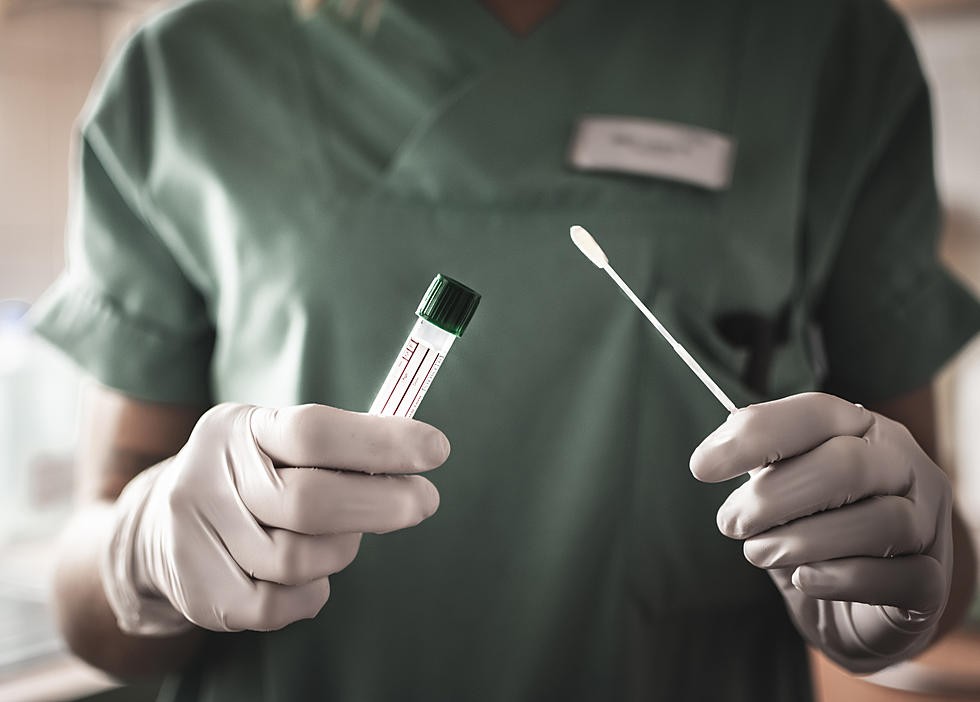
Warning: Most imported KN95 masks not protecting adequately
Contrary to what their name suggests, masks purchased from China by healthcare systems as a backup to N95 masks are not getting rid of 95% of airborne particles that pass through them, according to a warning from the largest patient safety organization in the United States.
While you can likely spot the masks in question at doctor's offices throughout the Garden State, New Jersey hospitals reportedly are not relying on KN95 masks to replenish their stockpiles of personal protective equipment.
According to ECRI, an independent, nonprofit organization, testing of nearly 200 imported KN95 masks found that 60 to 70% failed to meet U.S. standards for effectiveness. ECRI also criticized the mask's ability to fit to one's face; they have ear loops, while N95s come with head and neck straps.
"It means that healthcare workers and patients who are using those masks, particularly in high-risk procedures like intubation or airway manipulation, or swabbing even, are not protected from the virus load they may be exposed to," ECRI CEO Dr. Marcus Schabacker told New Jersey 101.5. "If you have a high-risk procedure, you should wear an N95, not a KN95 mask."
The group found that a shortage of American-made PPE during the COVID-19 health crisis forced U.S. hospitals and health systems to purchase thousands of KN95 masks. While the mask may be significantly inferior to masks produced stateside, the group said, they still provide more respiratory protection than surgical or cloth masks, and can be used for activities that involve limited contact between patient and healthcare professional.
When reached for comment, the New Jersey Hospital Association said "the hospital standard is N95s, which provide greater protection to both healthcare workers and patients," and that hospitals are not relying on KN95 models as they rebuild their PPE stockpiles.
Contact reporter Dino Flammia at dino.flammia@townsquaremedia.com

2020 NJ fall family fun activities, despite the pandemic
More From Rock 104.1





![[POLL] Do NJ Residents Feel Safe Enough To Go On Vacation This Summer?](http://townsquare.media/site/396/files/2021/05/Family-On-Vacation-Hiking.jpg?w=980&q=75)




